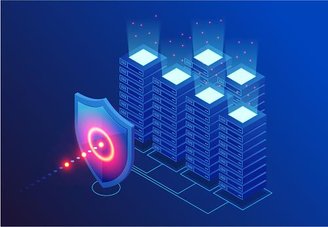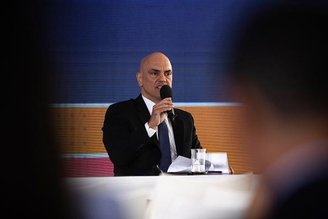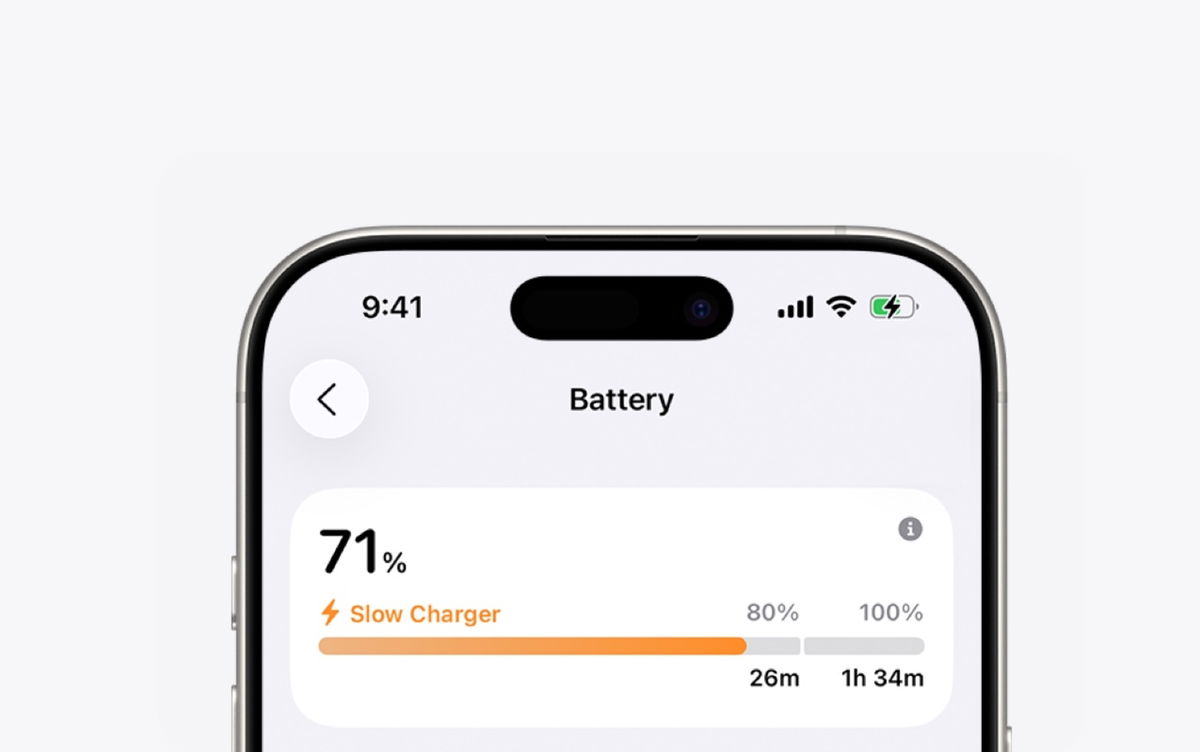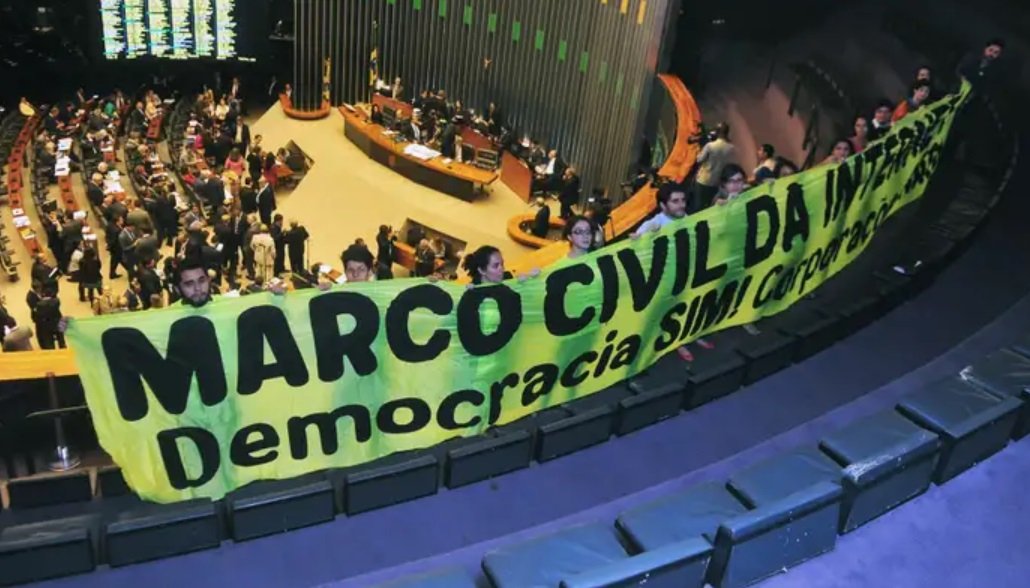April 23 is special for the Brazilian internet. Exactly ten years agoIn 2014, Marco Civil da Internet, a set of measures that help regulate the digital environment in the country.
The idea, proposed by lawyer and professor Ronaldo Lemos in a 2007 text, grew into a debate and later the preparation of a draft law. This was essentially born in response to other legislation that was being debated; Azeredo Law (PL 84/99), known as “AI-5 Digital” due to its criminalization of many common activities on the Internet.
This now decade-old set of standards is defended by many industries, criticized by others, and constantly the target of attempts to change it. Still, it remains the network’s main legislative guide in the country.
Main points of the Internet in Marco Civil
Basically, in the Marco Civil, the Internet is a law. Establishes clear and specific rules regarding the rights, duties and principles of the digital network in the country.
This law was approved by then-President Dilma Rousseff after much debate involving the Legislative Assembly, experts and civil society. Law No. 12,965/14 We now put many concepts that we take for granted on paper.
Marco Civil, from the beginning, net neutralitythat is, equal treatment of every consumer regardless of the amount paid. Operators have pushed for this to be changed to seek exemptions from consumers who consume too much data, but the law has not changed.
For example, there was a parallel with it: Virtual crimes were recognized as such and differentiated from acts occurring in person. The law expanded the scope privacy rights and digital communication of the user. As of this date, unauthorized commercialization of access records and data has been prohibited.
Surveillance was a particularly controversial issue given the current situation in Brazil. A year ago, documents leaked by Edward Snowden regarding the espionage of the United States National Security Agency (NSA) revealed that the country was listening to communications in the country and tracking Brazilian citizens.
At the same time he guarantees freedom of expression in the virtual environment — unless it involves a crime or conflicts with other laws. In practice, this point limits the Court to the possibility of requesting the takedown of content only by notification.
What has already changed in the Marco Civil and what could change?
Over the years there has been much controversy regarding changes made to the articles of the Marco Civil Internet. Some included issues that are still considered controversial today, while others sought to update the set of measures based on recent events.
The General Personal Data Protection Law, or LGPD, in force since 2020, is a complement of sorts that specifically targets digital privacy.

One of the most radical changes made to the Internet in Marco Civil took place almost in 2021. On this occasion, President Jair Bolsonaro issued an interim measure (MP) amending the original text to relieve pressure on platforms regarding moderation of certain content. Then-Senate President Rodrigo Pacheco canceled the measure a month later because he thought it was unconstitutional.
On the other hand, it is also criticized for being far from current issues. Especially, Civil Rights Framework does not address specific issues related to disinformation or artificial intelligence (AI)Two controversial and hot topics in the industry.
The debate over the controversial Article 19 of the Marco Civil has intensified in 2019 and is far from over. If changed, the responsibility for deleting the content may be transferred to the provider (i.e. the platform or social network) and possible penalties for publishing criminal material may be imposed.
This is a thorny issue now called Fake News PL, and after intense pressure from Big Tech companies, debate in the National Congress has been paralyzed.

In practice, this will mean that tech companies such as Meta (owner of Facebook, WhatsApp and Instagram), Google and X (formerly Twitter) could be penalized or fined for failing to take certain content offline.
Ten years after approval, Marco Civil also It remains a pillar of the Brazilian internet, already modified from the original text. It is also constantly called out during controversial periods, such as the recent conflict involving minister Alexandre de Moraes and billionaire Elon Musk.
Source: Tec Mundo
I am a passionate and hardworking journalist with an eye for detail. I specialize in the field of news reporting, and have been writing for Gadget Onus, a renowned online news site, since 2019. As the author of their Hot News section, I’m proud to be at the forefront of today’s headlines and current affairs.











